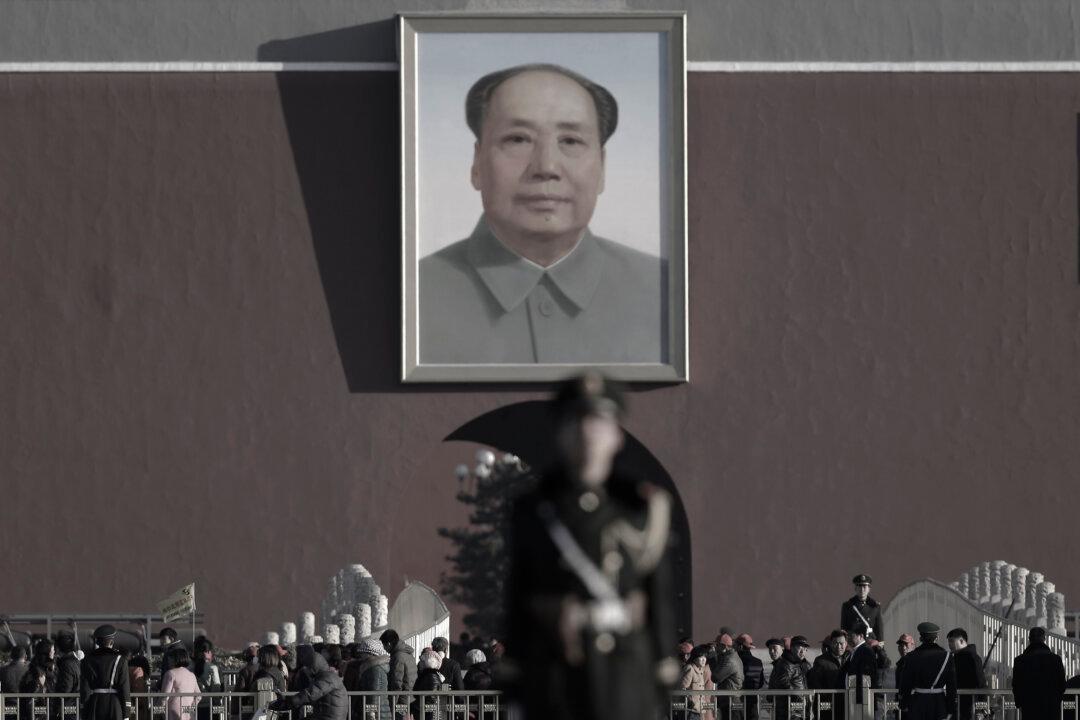Nearly four decades after Mao Zedong’s death, it’s still a grievous sin for Communist Party members to make fun of the Great Helmsman.
Popular China Central Television (CCTV) presenter Bi Fujian was suspended in April by the state-run broadcaster and investigated by the authorities after a 76-second video clip of him singing a revolutionary opera and inserting snide remarks between bars about the Party and Mao at a private dinner party leaked onto the Internet.

An undated image shows CCTV anchor Bi Fujian. Screenshot/Global Times




